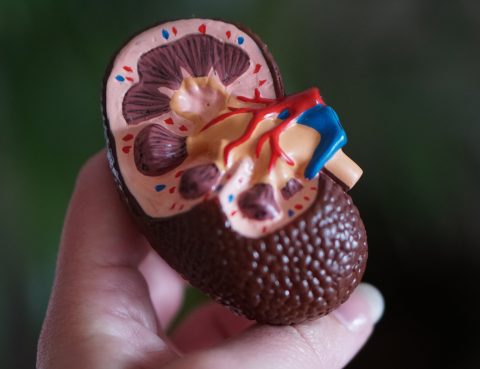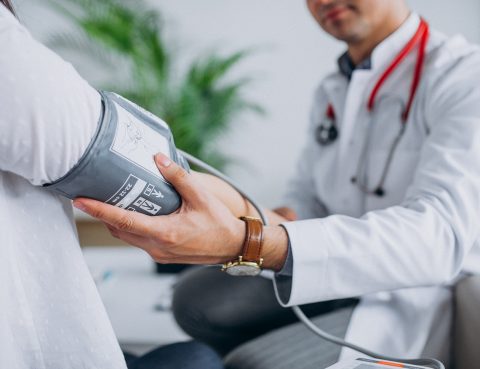Infectious diseases are disorders caused by organisms — such as bacteria, viruses, fungi or parasites. Many organisms live in and on our bodies. They’re normally harmless or even helpful. But under certain conditions, some organisms may cause disease.
Some infectious diseases can be passed from person to person. Some are transmitted by insects or other animals. And you may get others by consuming contaminated food or water or being exposed to organisms in the environment.
Signs and symptoms vary depending on the organism causing the infection, but often include fever and fatigue. Mild infections may respond to rest and home remedies, while some life-threatening infections may need hospitalization.
Common conditions infectious diseases specialists treat:
- Common acute and chronic infections, including those resistant to many antibiotics
- Difficult to diagnose infections
- Infection with an associated high fever
- Illness after travel
- HIV/AIDS
- Hepatitis B and C
- Pandemic and epidemic diseases
- Tropical infections
- Public health
- Infections in children







